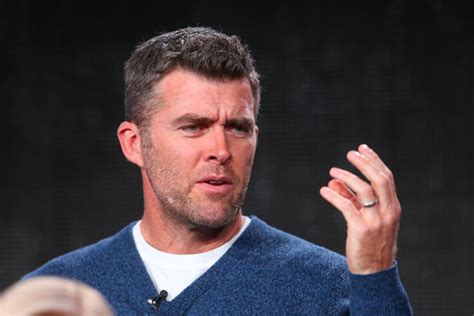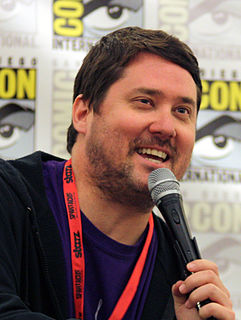A Quote by Paul Scheuring
I have a great amount of respect for the audience. They know narrative construct. They know all the tropes.
Related Quotes
I'm trying to make sure that the visual connections between the disparate elements are strong enough for the viewer to keep moving through the work. It's in paying attention to those hundreds of details that the flow of the line will guide an audience through the narrative in a way that will make them enter it enough to engage with it, and perhaps construct their own narrative.
One of the things I enjoyed when working in manga was when I couldn't tell where anything was going because there weren't narrative tropes and structures I was used to. After doing it for seven years, I got to the point where I did see structures. I did start to learn, but at first I didn't know where it was going. It was very exciting for me.






































